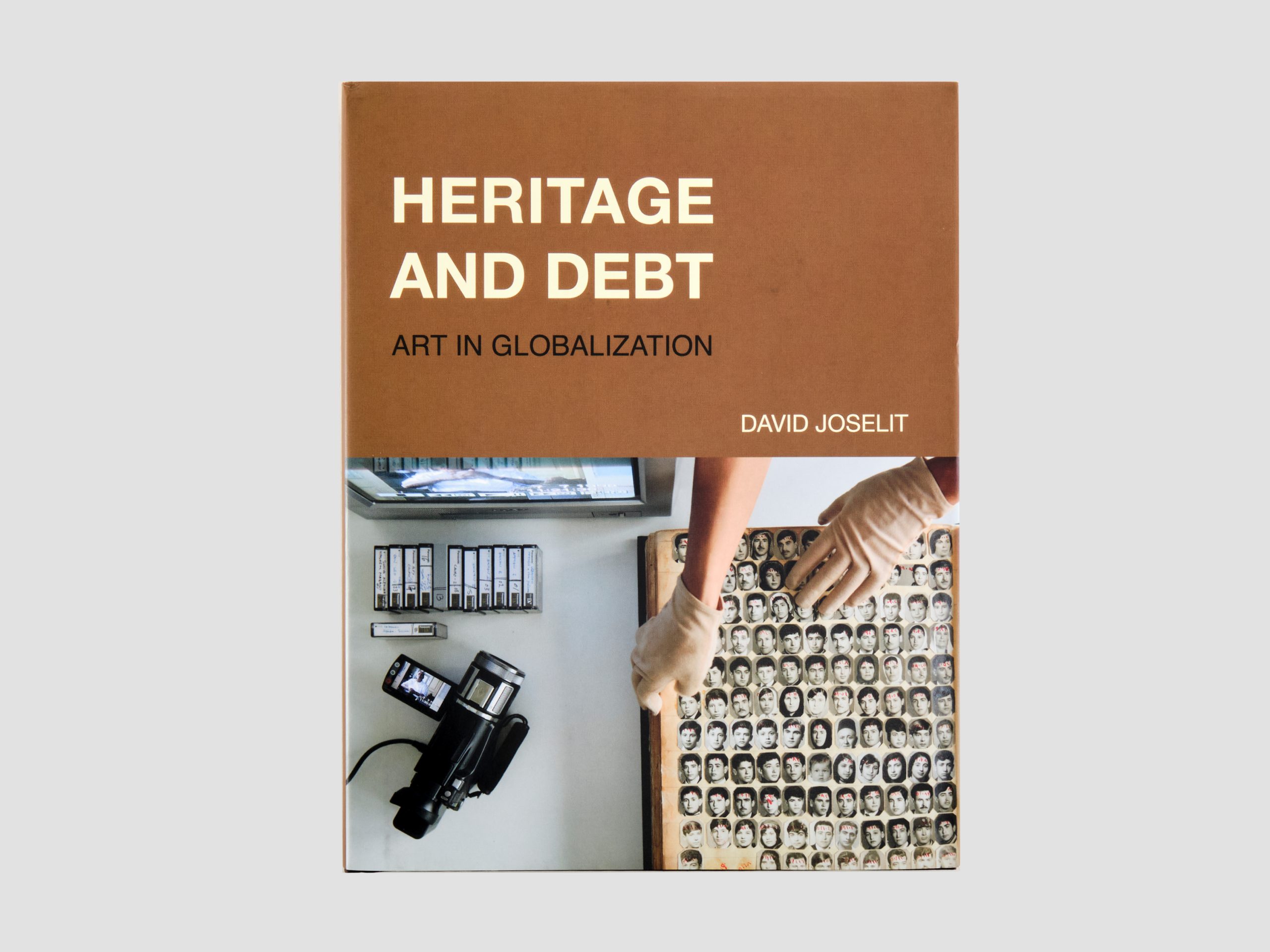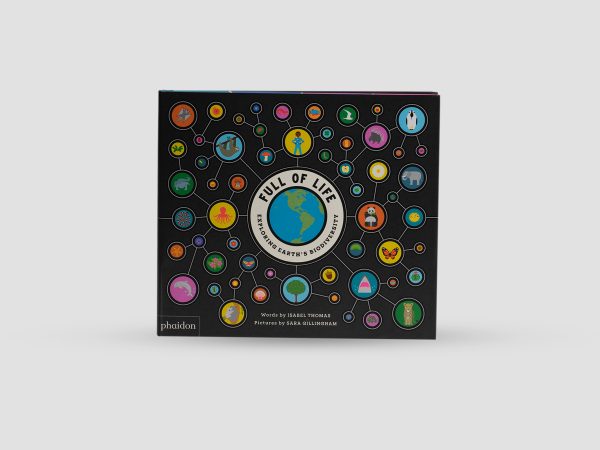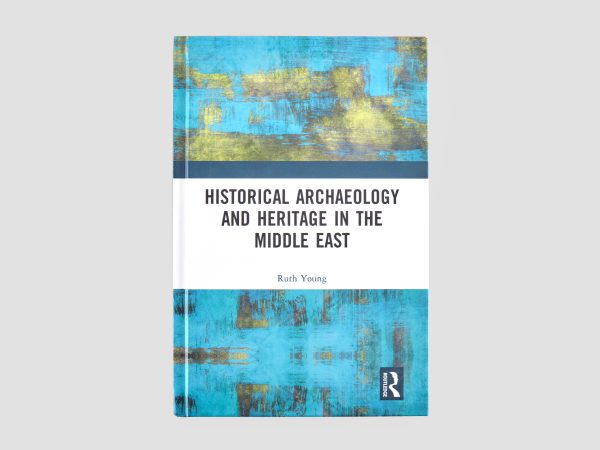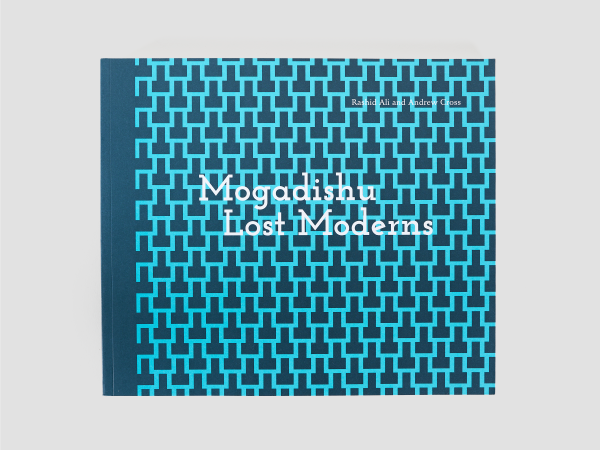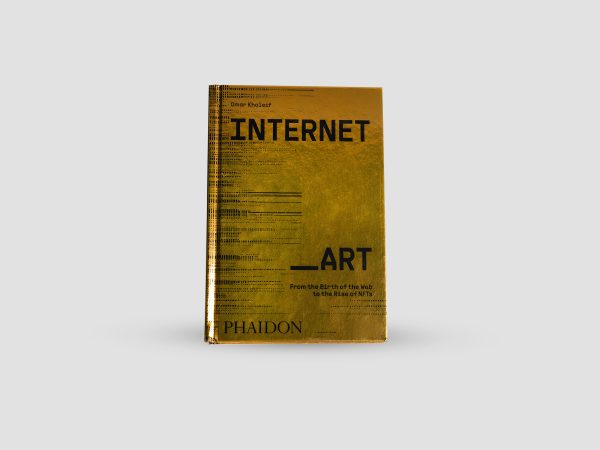In this account of what globalisation means for contemporary art, David Joselit argues that the creative use of tradition by artists from around the world serves as a means of combatting modern art’s legacy of Eurocentrism. Joselit analyses not only how heritage becomes contemporary through the practice of individual artists but also how a cultural infrastructure of museums, biennials and art fairs worldwide has emerged as a means of generating economic value, attracting capital and tourist dollars.
Joselit traces three distinct forms of modernism that developed outside the West, in opposition to Euro-American modernism: postcolonial, socialist realism and the underground. He argues that these modern genealogies are synchronised with one another and with Western modernism to produce global contemporary art. Joselit discusses curation and what he terms “”the curatorial episteme,”” which, through its acts of framing or curating, can become a means of recalibrating hierarchies of knowledge—and can contribute to the dual projects of decolonisation and deimperialization.
About the Author
David Joselit is Professor of Art, Film and Visual Studies at Harvard University.
About the Publisher
Established in 1962, the MIT Press is one of the largest and most distinguished university presses in the world, and a leading publisher of books and journals at the intersection of science, technology, art, social science and design. MIT Press books and journals are known for their intellectual, daring, scholarly standards, interdisciplinary focus and distinctive design.
